As part of the NC3Rs year of laboratory rodent welfare, our latest blog is from Professor Paul Flecknell, Newcastle University on the issue of aseptic surgery.

As part of the NC3Rs year of laboratory rodent welfare, our latest blog is from Professor Paul Flecknell, Newcastle University on the issue of aseptic surgery.

We know that compiling and submitting a grant application is a time-consuming process.

Promoting high standards of laboratory animal welfare by refining housing, husbandry and procedures is at the heart of NC3Rs’ work.
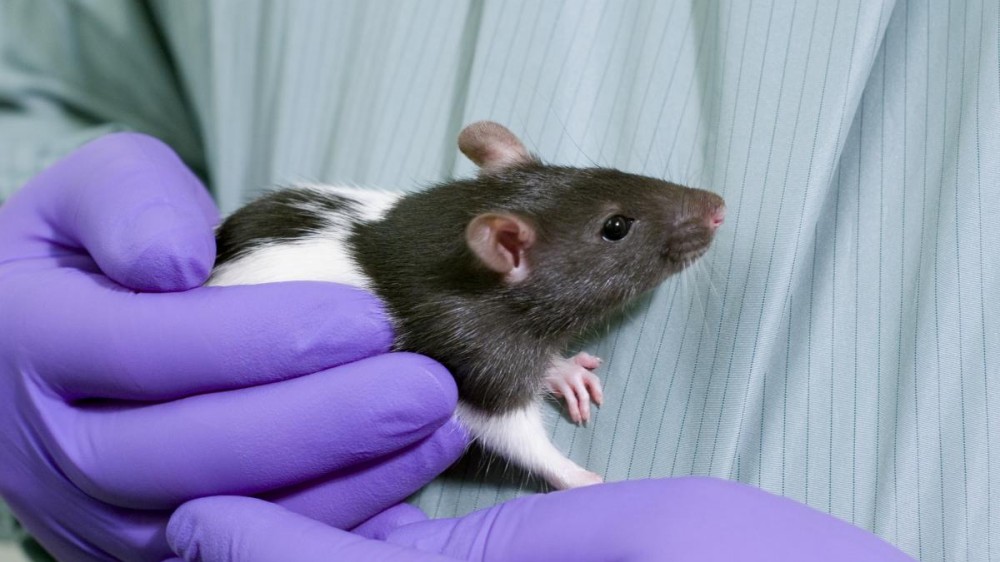
A new study shows that how mice are picked up can substantially change their behaviour in cognitive tests.
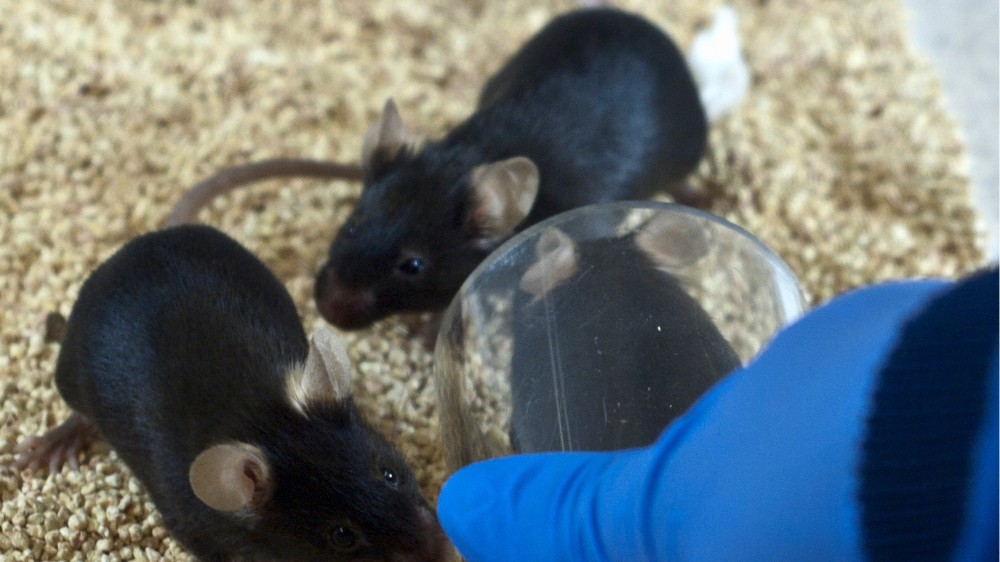
A new task for assessing memory in humans has been developed by a team at Durham University and published recently in Learning and Memory.
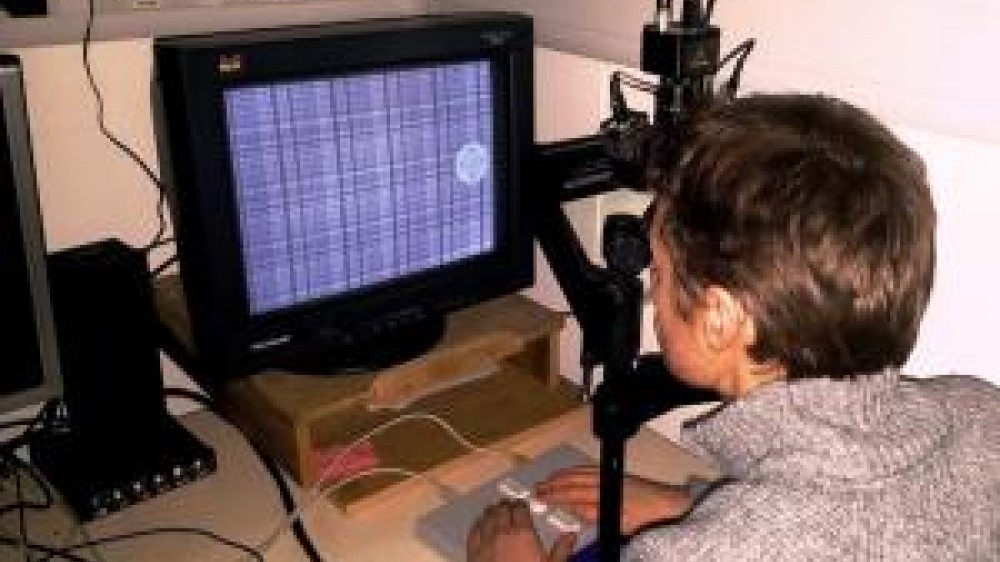
Six teams have been awarded over half a million pounds of funding in the latest Phase 1 proof-of-concept stage of the NC3Rs CRACK IT Challenges competition*.

A paper investigating the welfare of laboratory rats is the winner of the 2016 3Rs prize, which is awarded by the UK’s National Centre for the 3Rs (NC3Rs) and sponsored by GlaxoSmithKline (GSK).
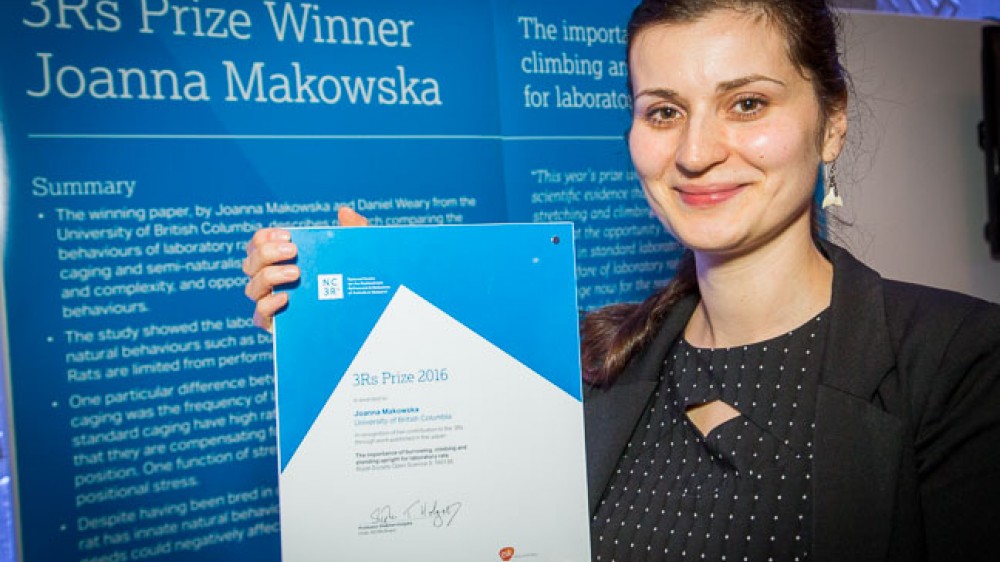
While 2017 is the Chinese year of the rooster you could say that it is the NC3Rs year of the rodent as we are launching a number of exciting initiatives focusing on the welfare of rats and mice.
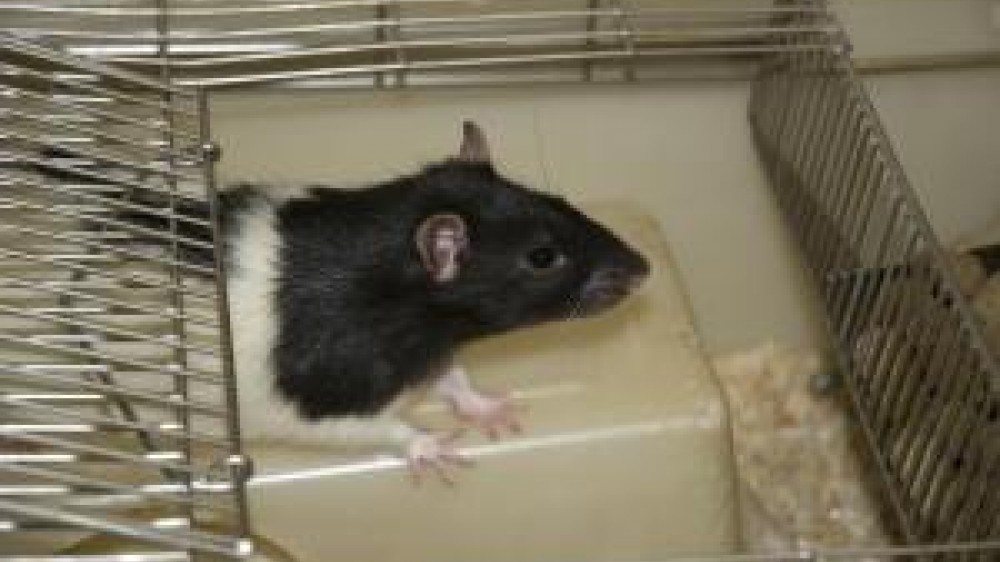
A recent review has summarised current and future opportunities to apply the 3Rs in the safety assessment of pharmaceuticals, highlighting scientific, ethical and financial benefits to the industry.

Scientists at the NC3Rs, AstraZeneca and University of Plymouth have conducted the largest survey to-date on the use and care of zebrafish in research.
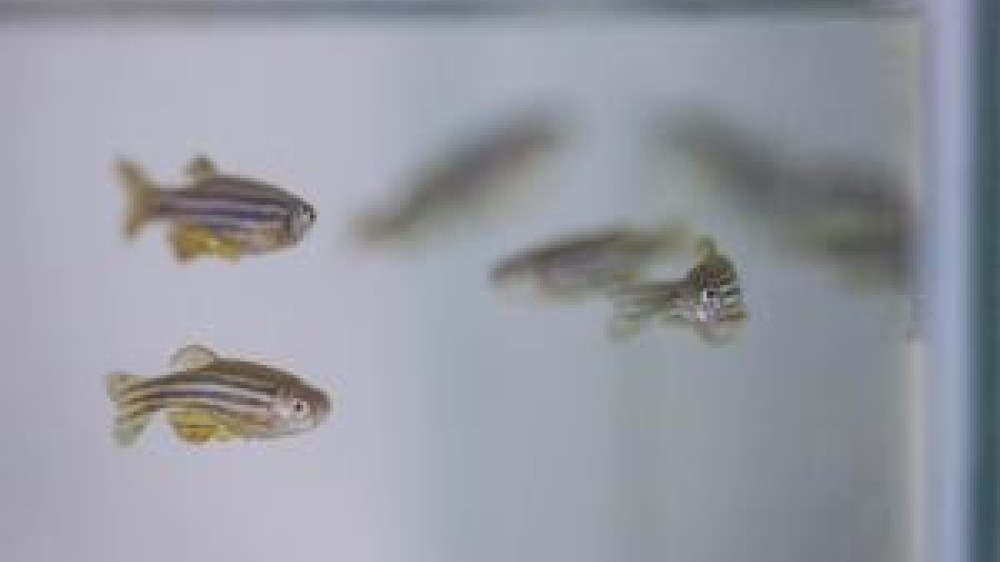
EU-based academics and SMEs whose technology is featured on the NC3Rs CRACK IT Solutions partnering platform will now be able to apply for funding of up to £50k to support collaborations that are identified through the platform.

A recent cross-sector review has highlighted several key approaches available for ecotoxicologists and risk assessors to evaluate potentially hazardous chemicals, while minimising the use of vertebrates.

We are pleased to announce seven new fellowships, a commitment of nearly £1.2 million to support talented early career scientists in the discovery and development of new technologies and approaches to replace, reduce and refine the use of animals in
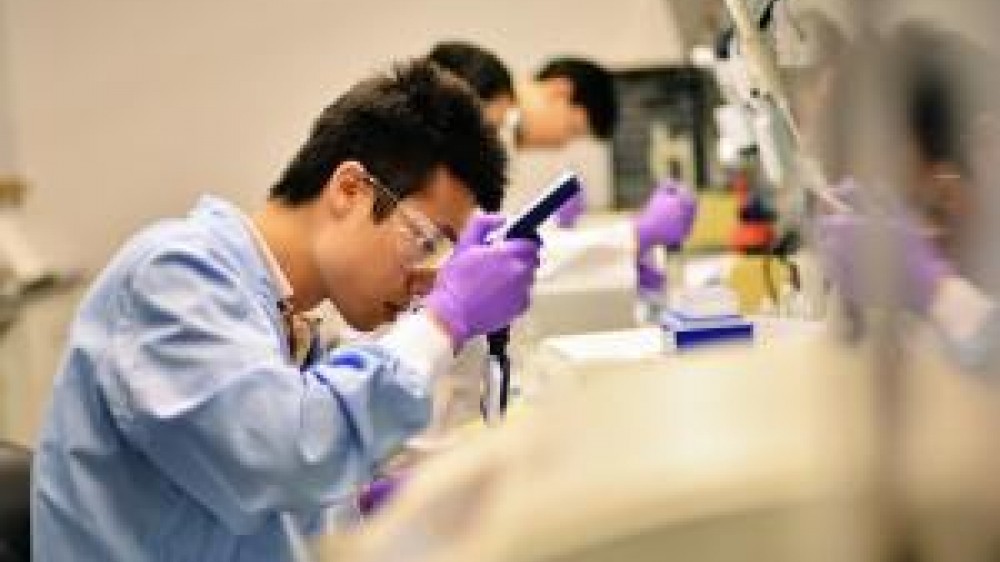
An innovative project has been awarded funding through the NC3Rs CRACK IT Solutions partnering programme which supports collaborations to develop and validate new technologies with commercial and 3Rs potential.
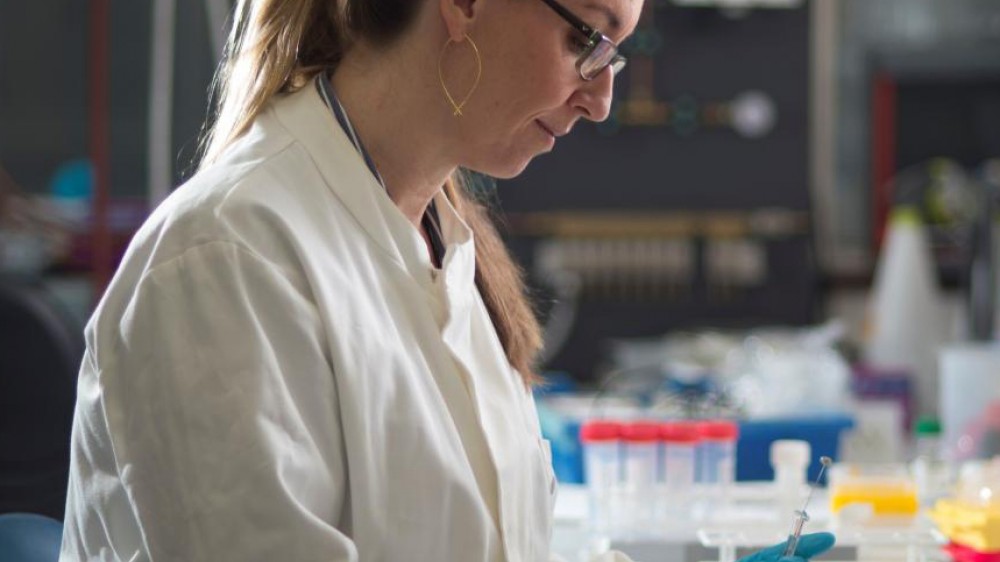
A recent study has shown that human bone regeneration can be studied in the extraembryonic membrane of a developing chick egg, which could replace studies in mice.
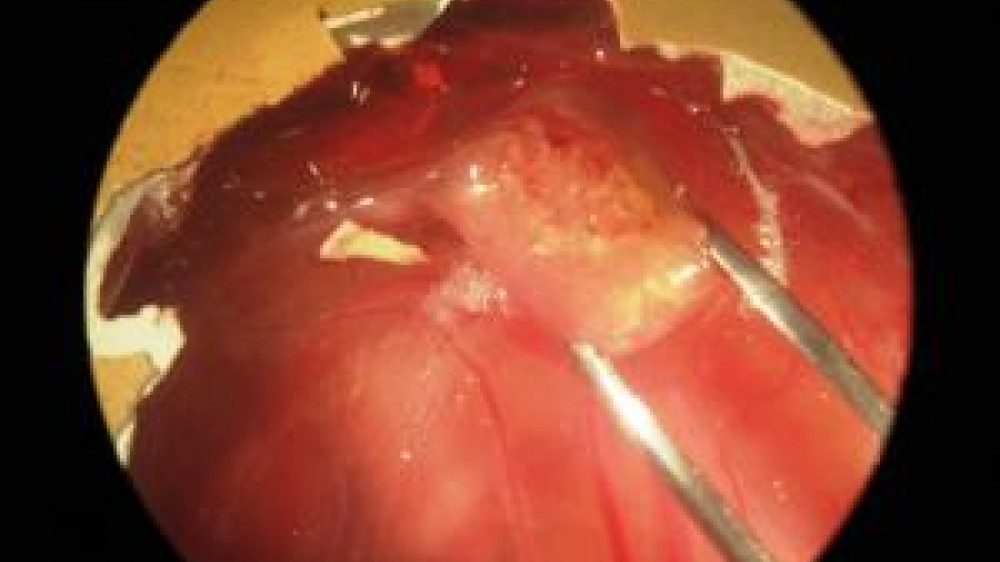
We are pleased to announce 11 new PhD studentships awarded in the recent round of funding. The awards, totalling nearly £1 million, embed the 3Rs in the training of new generations of researchers from a broad range of scientific backgrounds.
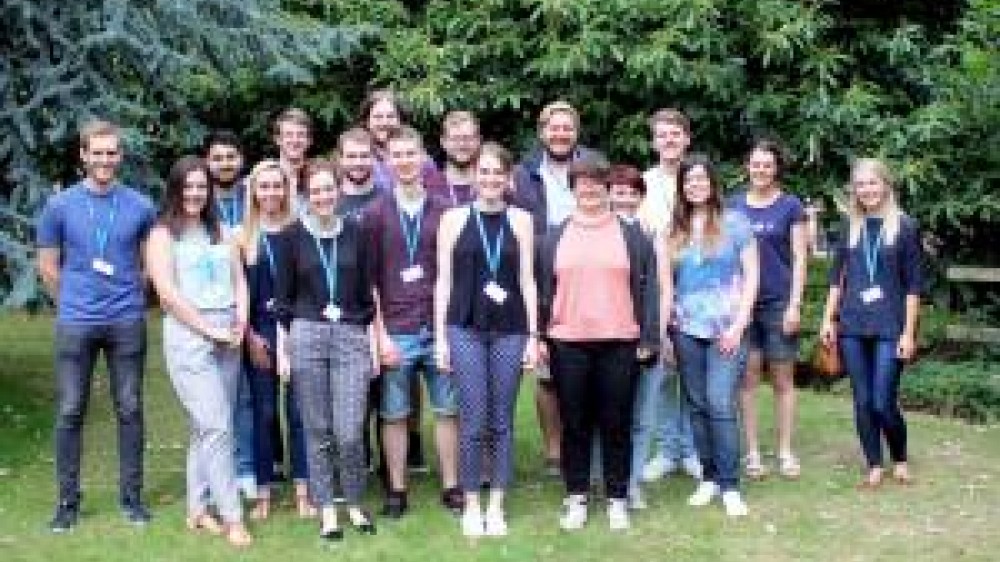
The framework SEARCHBreast (Sharing Experimental Animal Resources, Coordinating Holdings), established with NC3Rs funding, enables scientists to share material from animal studies in breast cancer research, minimising repetition of animal studies and
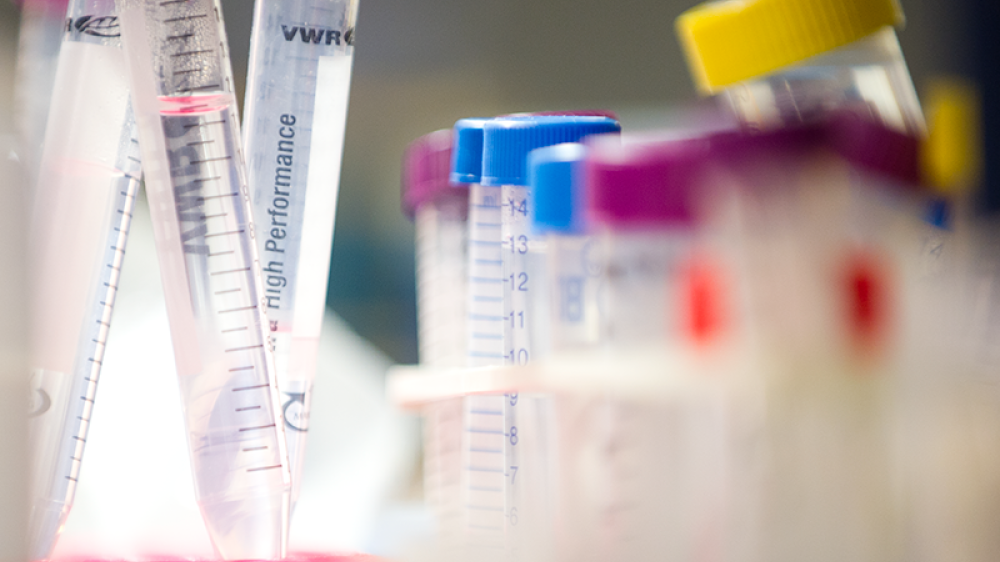
This year, we have a highlight notice* across all of our funding schemes on the use of human tissues for 3Rs purposes.
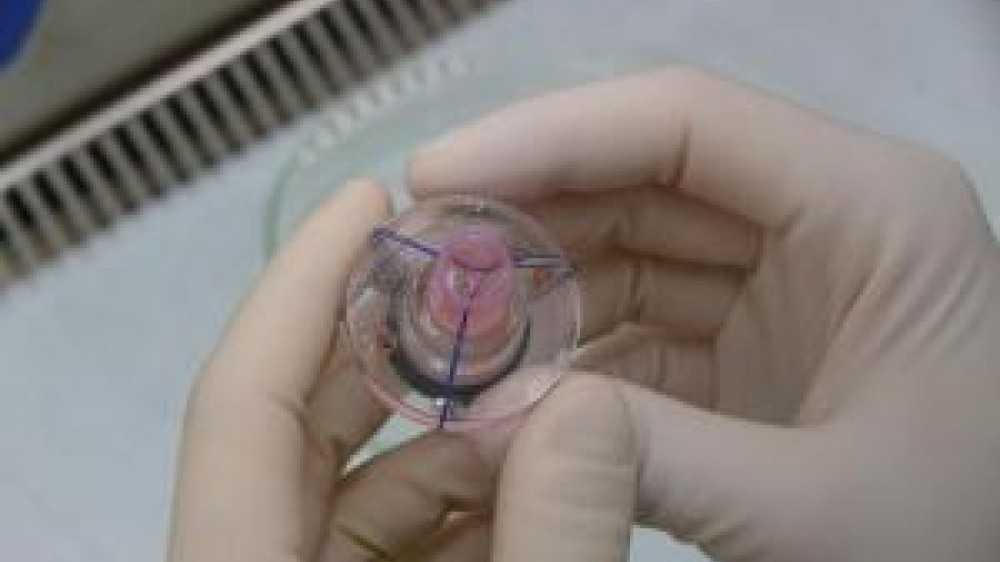
We have written about a huge range of topics relating to the 3Rs in 2016. Here we review the most popular news and blog items published over the past year, including the new series of blogs from our Chief Executive, Dr Vicky Robinson.
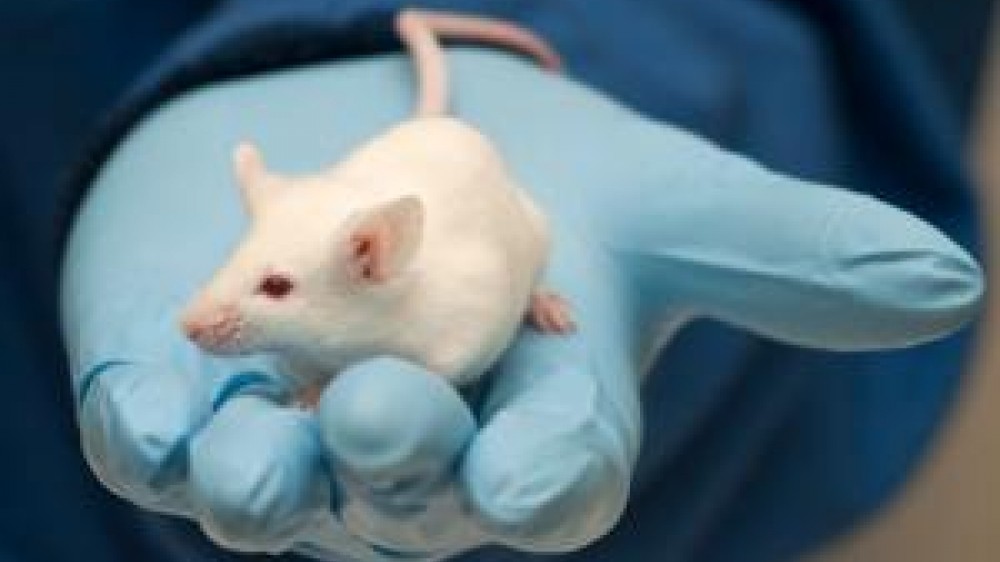
The reproducibility of preclinical research has been in the limelight over the last few years, with many major scientific stakeholders concerned about the quality of the design and reporting of animal experiments.
